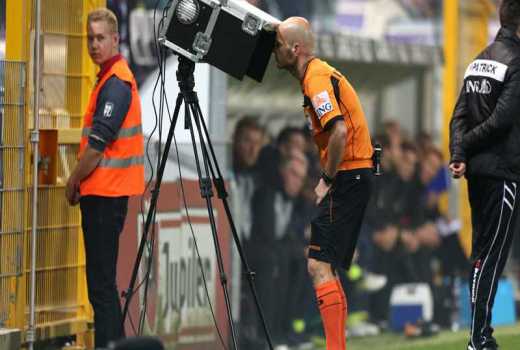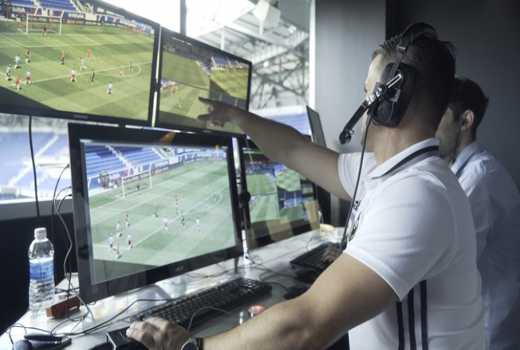
Manchester United midfielder Juan Mata was denied what looked to be a clear goal in their clash against Huddersfield Town in the FA Cup just before half-time because of the VAR and just last night the controversial system was seen in its full glory as Tottenham had two goals written off against Rochdale in the fifth round of the FA Cup.

Many football fans, players and managers are not in support of the controversial system since it lowers the tempo of the game as it takes long for the referees to watch the video replays and reach a decision.